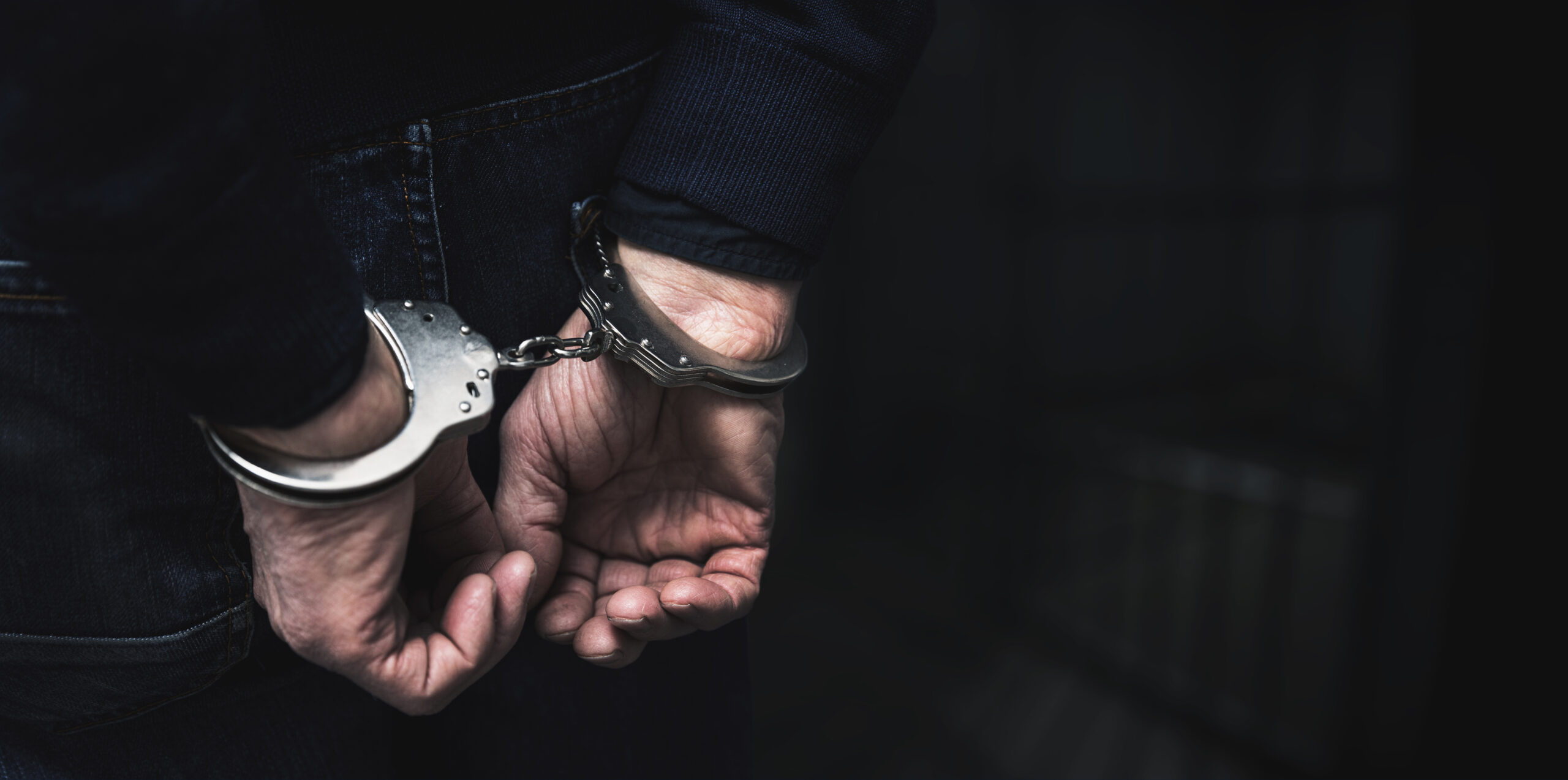A preliminary hearing takes place about 30 to 60 days after the date of an arrest. During a preliminary hearing, the judge determines whether probable cause exists that the defendant committed the crime and whether to allow the case to move forward to the Court of Common Pleas.
Defendants can waive the preliminary hearing and allow the case to proceed directly to the Court of Common Pleas.
At a preliminary hearing, the Commonwealth will present evidence to the Magisterial District Judge to show that a crime was likely committed and that the defendant is likely the individual who committed the crime. This is called the Commonwealth’s prima facie case.
The statute that outlines many of the laws pertaining to preliminary hearings can be found in PA Code Title 234 Chapter 5 Rule 542.
What to Expect at the Preliminary Hearing
Reading of Charges & Plea
Generally, the charges against you will be read and you have the option to enter a plea (e.g., guilty or not guilty).
Presentation of Evidence
Though at some points a preliminary hearing may have the appearance of a trial, neither the defense nor the Commonwealth present their entire case at the preliminary hearing, but the Commonwealth will lay out evidence to show the Magisterial District Judge that it is likely the defendant committed the crime for which he or she is facing charges.
For example, if you are facing a DUI, the Commonwealth may present evidence of a blood alcohol concentration (BAC) result and that you were operating a vehicle when stopped by the police. In other cases, the Commonwealth may present physical evidence of the alleged crime. The defense may examine any physical evidence presented during the preliminary hearing.
Testimony
Witnesses including police officers may testify at preliminary hearings. The defense may cross-examine witnesses, including police officers. Testimony during a preliminary hearing may be relevant at later points of the case.
Burden of Proof
At a criminal trial, the Commonwealth’s burden of proof requires it to establish guilt beyond a reasonable doubt. But at a preliminary hearing, the burden of proof is lower.
The Commonwealth must establish that is more likely than not that the defendant committed the crime with which he or she is charged.
Outcomes of a Preliminary Hearing
There are generally two possible outcomes at a preliminary hearing:
- Case dismissal: The Magisterial District Judge finds there is not probable cause that a crime was committed, and that the defendant committed it, and thus dismisses the charges.
- Case moves forward: The Magisterial District Judge finds sufficient evidence of probable cause and allows the case to move to the Court of Common Pleas.
Get Help from David McKenzie Following an Arrest
If you were arrested for DUI, drug crimes, theft crimes, or another criminal offense, call McKenzie Law Firm, P.C. at 610-680-7842 for legal representation. We can represent you at the preliminary hearing, after the preliminary hearing, or during any stage of the criminal proceedings.



